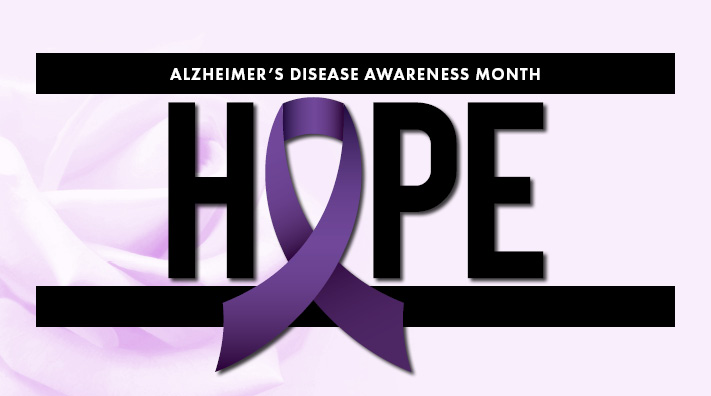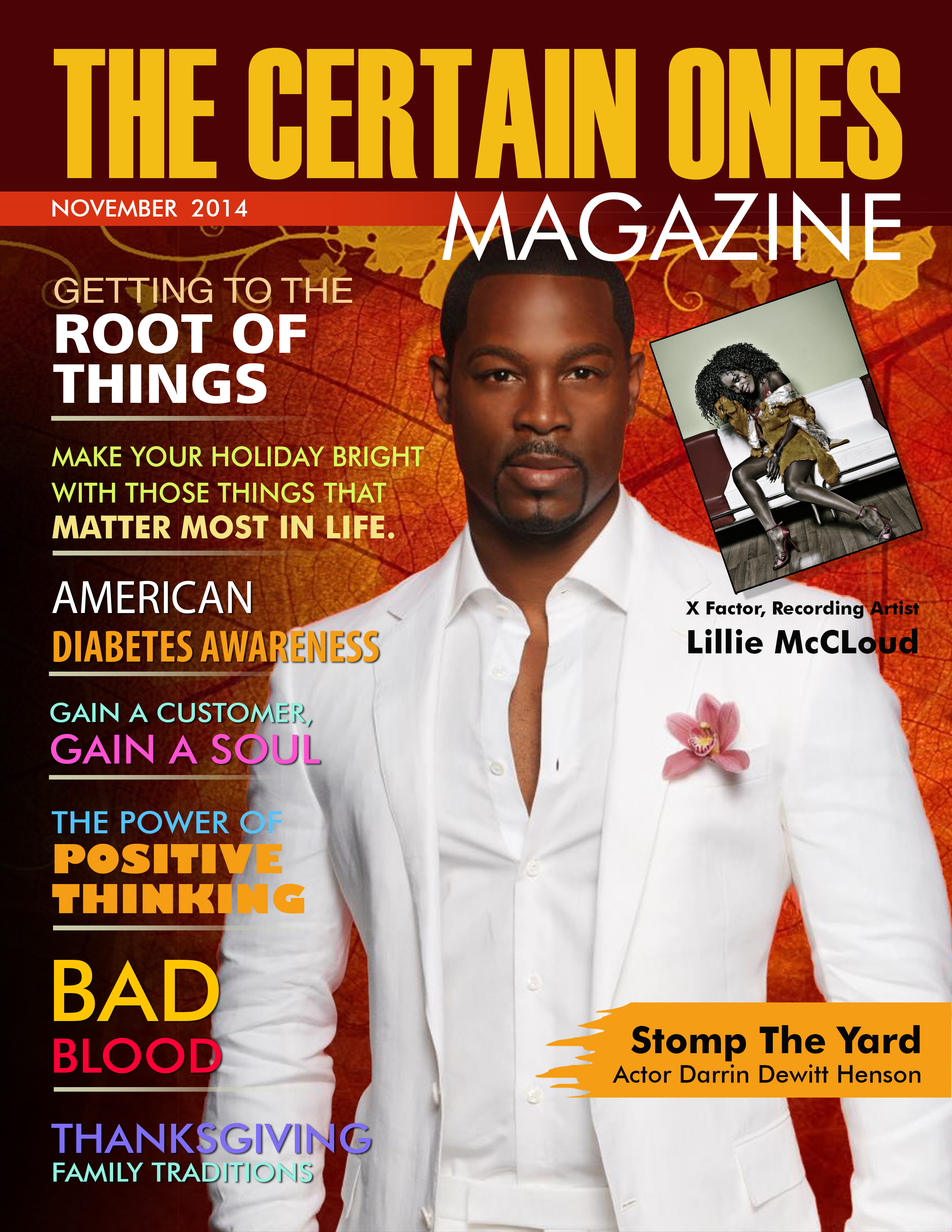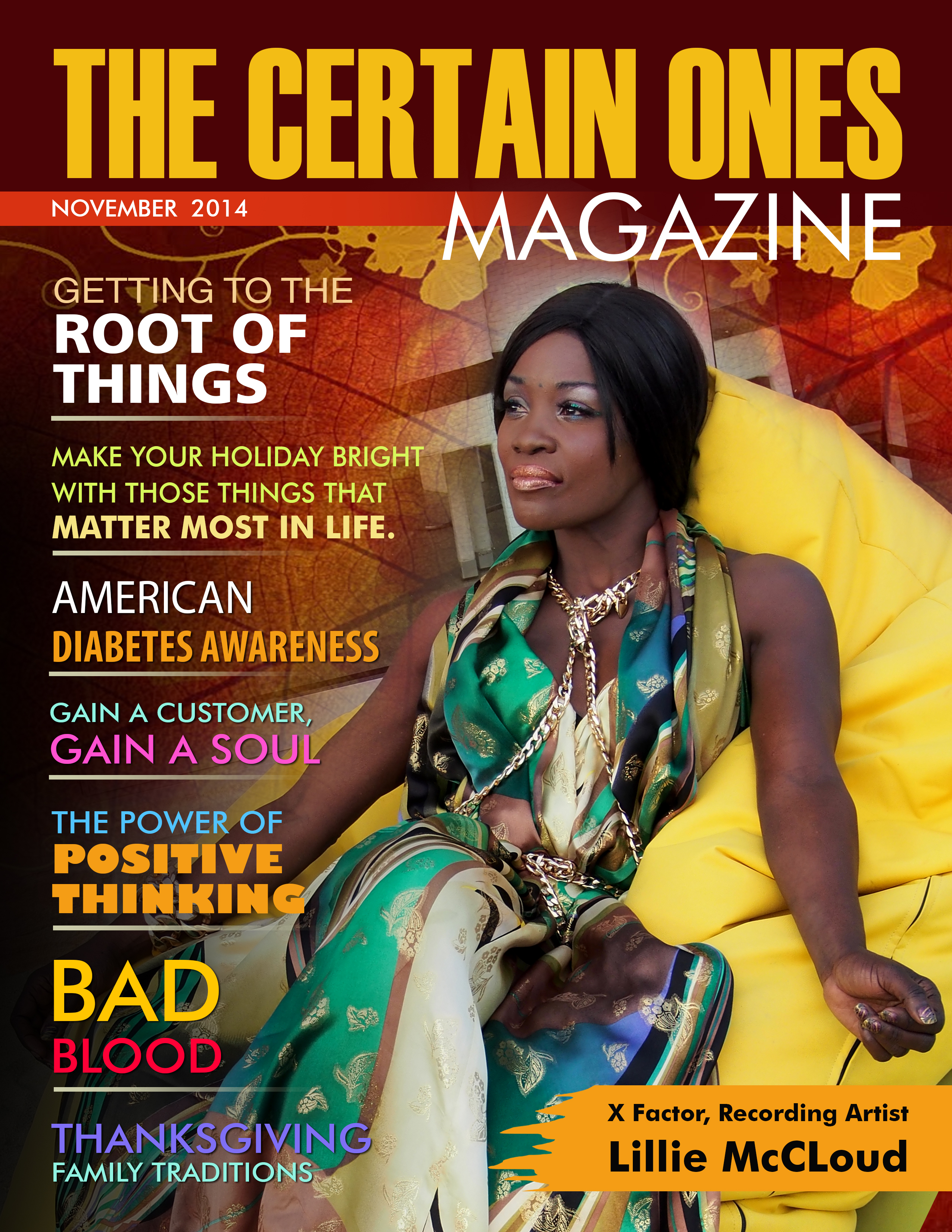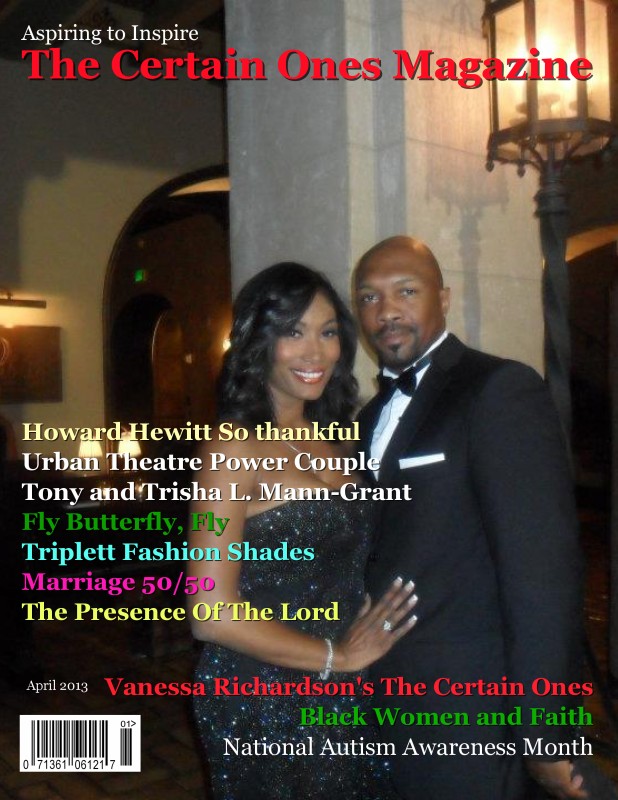Posted by The Certain Ones in Healthy Living and Fitness, Home | 0 Comments
Alzheimer’s Awareness Month
A couple of decades ago, more exactly in 1983, the President Ronald Reagan designated November as National Alzheimer’s disease Awareness Month. Since then, the awareness movement has grown in strength, mobilizing more and more groups and individuals to a fight for the cause. With over 5 million Americans currently diagnosed with more or less severe forms of Alzheimer, it is crucial to understand that we are definitely facing a problem that is able to reduce substantially the quality of life at an older age.
Alzheimer’s disease is directly dependent on the input provided by caregivers of all ages and social positions. As Alzheimer’s disease unfolds in several stages extended on many years, each one with its own particular traits, not only medical personnel is involved in taking care of Alzheimer’s patients. In this light, November becomes also an excellent opportunity to put caregivers on the position they deserve and appreciate their highly needed input to society.
In the early stage of Alzheimer’s, the affected person is still able to function independently, thus requiring less implication from caregivers. This independence of life for those affected by Alzheimer’s is a crucial aspect of prolonging the early stage on the expense of later, more serious stages. Mild changes in behavior and one’s ability to think, acquire new knowledge and skills, and get involved in the everyday social background are all expected manifestations of Alzheimer’s in its early stage. At this point, it is somehow hard for someone from the exterior to notice the installment of the disease, therefore, we should highlight the importance of early screenings and implementing a correct diagnostic. Caregivers should have a more discreet role at this point, offering the patient enough freedom to take care of himself/herself. Since there are no two people proved to experience Alzheimer’s the same way, the degree of assistance needed from a care partner in this stage varies, and should be correctly estimated.

The middle stage of Alzheimer’s disease introduces difficulties in speaking and in the execution of basic, daily tasks. Patients are also affected by depression, irritability, and anxiety, often finding themselves engaged in repetitive behaviors. As the patients lose control over their ability to express feelings and ideas, communication with them becomes difficult, and requires a lot of patience from caregivers. As soon as they begin to need constant assistance for basic activities related to eating, dressing, and grooming, caregivers become important members in their lives.
The late stage of Alzheimer’s disease is often a sad part of someone’s life. As all basic skills the human body has learned in the childhood are being gradually forgotten, patients need full-time help and are becoming extremely vulnerable to infections and other common diseases. During the late stages, the role of a caregiver evolves in complexity, focusing on preserving the overall quality of life and dignity. As dementia gains full control, the individual is no longer able to take decisions regarding hi/her life and needs full support from its family, and caregivers. At this point, there is the option to consider hospice, especially for identified terminal illness.
Awareness is crucial for Alzheimer’s disease patients, especially if they undergo activities where other individuals are involved. Driving for example might pose serious questions about safety, to the point that a person becomes unable to drive. Communication is the key for establishing when such restrictions should be introduced to the patients, as well as for finding alternatives.
Alzheimer’s disease is affecting people without regarding of sex, nationality, or social status. Even celebrities we all appreciate for their lifestyle, eventually experience less fortune when it comes to their health, especially at an older age. Six years after the end of his term as American president, Ronald Reagan has made public the fact that he is affected by Alzheimer’s disease. Although it might seem strange for such personal details to be admitted at this level of power, the intention was clearly to raise attention. The famous actress Rita Hayworth, also diagnosed with Alzheimer’s disease, eventually became the number one name in the awareness movement and also the face of many campaigns, during the 1980’s.






























